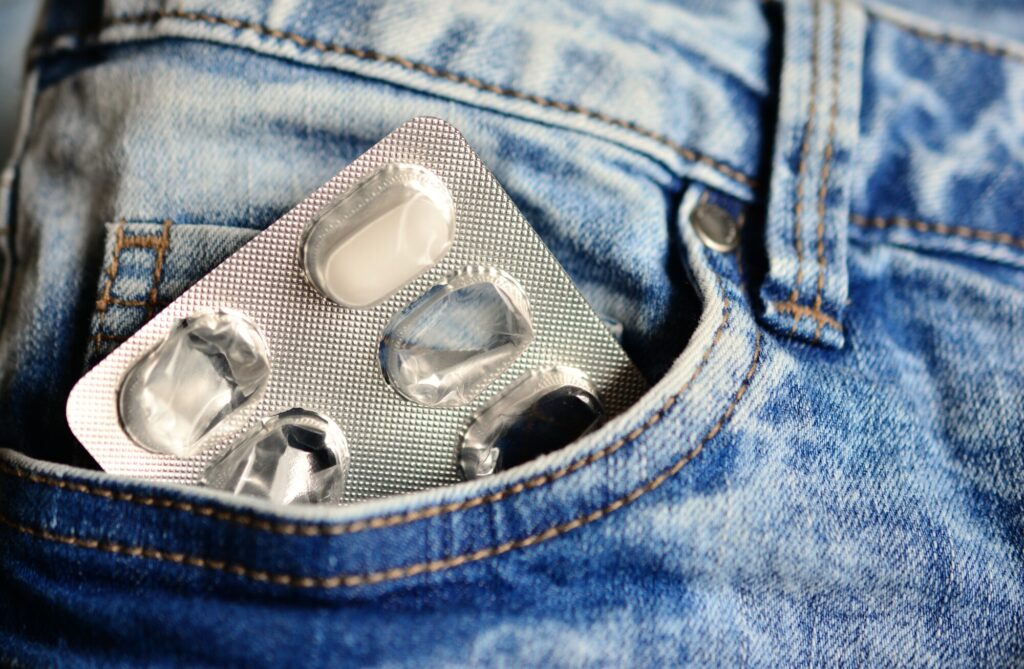
In 2017, approximately 18 million Americans ages 12 and older misused prescription drugs. According to this survey, they’d misused the drug once within the past year.
Don’t take opioid addiction as a joke. Ask your friends and family for support if you have an opioid or drug addiction.
If you’re looking for help for drug addiction, you’ve come to the right place. In this article, we’ll discuss the signs of drug and opioid addiction. Keep reading to find out more about prescription drug addiction and how we can help you.
What Is Prescription Drug Addiction?
Some people may not be familiar with what prescription drug abuse is or covers. Prescription drug abuse is when you take a prescription drug for another ailment.
Say you’ve prescribed medication for headaches, but the drug eases your knee pain, too. Once your headaches disappear, you start taking them for knee pain. That’s prescription drug abuse.
Drug Addiction: Signs
Many drug abusers try hiding their symptoms from friends and family. So, it’s important to learn the physical and behavioral signs of drug addiction.
Behavioral
- Attendance dropping at school or work
- Unexplained financial issues
- Suspicious or secretive behavior
Physical
- Bloodshot eyes
- Sudden weight loss or gain
- Tremors, slurred speech, impaired motor function
Psychological
- Sudden change in personality
- Unusual hyperactivity or agitation
- Lethargic or spaced-out
Common recreational drugs people abuse include marijuana, stimulants, and inhalants. Taking hallucinogens or shooting heroin is a common problem as well.
Opioid Addiction: Signs
Many people addicted to prescription drugs find themselves addicted to opioids. That’s why it’s essential to learn the unique signs and symptoms of opioid addiction.
- Inability to control the use of opioids
- Drowsiness
- Changes in exercise habits
- Isolation
These are a few of the signs of opioid addiction. If someone you know is suffering from opioid addiction, contact a medical professional.
Medications like methadone and naltrexone can help people with drug addiction. Speak to a medical professional before taking any medications.
Withdrawal Symptoms
If someone you know has a drug or opioid addiction, you should know the withdrawal symptoms. The symptoms depend on which type of drug the person takes.
Anti-anxiety
- Seizures (life-threatening)
- Confusion
- Tremors and shaking
Prescription pain killers
- Agitation
- Muscle/bone pain
- Sweating, chills, goosebumps
Stimulant
- Depression
- Irritability
- Trouble sleeping
Withdrawal symptoms from prescription drugs vary in severity. Anti-anxiety meds don’t have the same withdrawal symptoms as a stimulant. Some symptoms may overlap between these three types of drugs.
Seeking Help for Prescription Drug Addiction
The first step to seeking help is admitting you have a problem. Once you admit you have an addiction, you can self-advocate and find help.
Ask a trusted friend or family member to help you if you’re having difficulty finding someone to talk with. You don’t have to deal with your drug addiction alone.
Facilities like Clear Day Treatment Center exist for a reason. We will do everything we can to help you get the treatment you need for your prescription drug addiction.
For more articles about prescription drug abuse, check out our website. And contact us if you’re suffering from prescription drug addiction.


Recent Comments